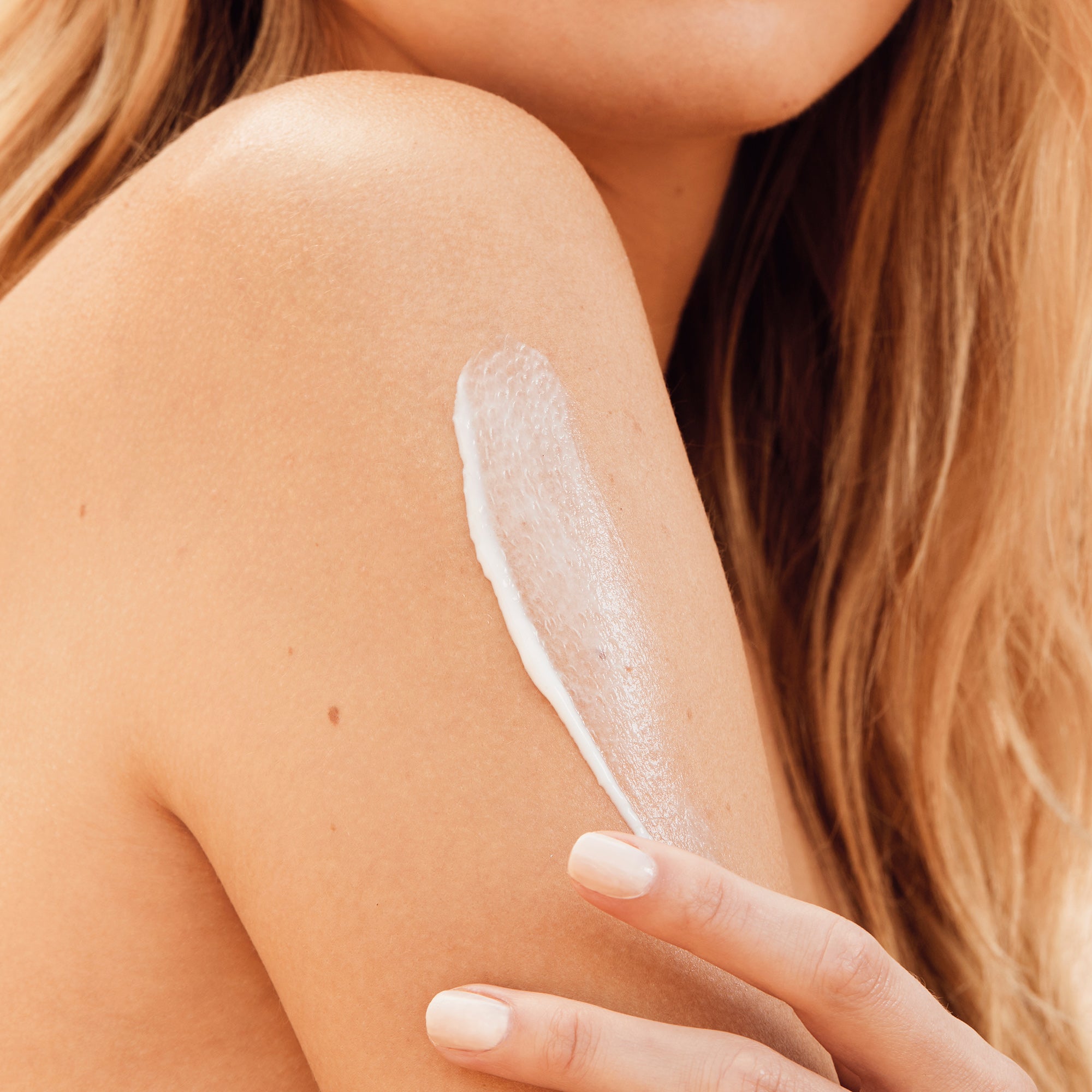Carapeastra Insights
Your go-to source for news and information on a variety of topics.
Moisturizer Mysteries Unveiled
Unlock the secrets to radiant skin! Discover the truths and myths of moisturizers in our revealing guide. Your skincare routine will thank you!
The Science Behind Moisturizers: What You Need to Know
Moisturizers play a crucial role in maintaining skin health by providing hydration and creating a barrier against environmental factors. The primary components of most moisturizers include occlusives, humectants, and emollients. Occlusives, like petroleum jelly or lanolin, help to seal moisture into the skin, while humectants, such as glycerin and hyaluronic acid, draw water from the environment into the skin. Finally, emollients like shea butter and cocoa butter are key in softening and smoothing the skin's texture. Understanding these ingredients can help you choose the right moisturizer for your skin type and concerns. For more detailed information, you can visit The American Academy of Dermatology.
In addition to their basic functions, moisturizers can also contain active ingredients that address specific skin issues. For example, products infused with antioxidants like vitamins C and E can help combat free radical damage, while those with niacinamide can improve skin texture and tone. SPF added to moisturizers can also provide sun protection, making them a practical choice for daytime use. However, it's essential to conduct a patch test before introducing any new product into your routine to avoid adverse reactions. For further reading on the benefits of specific ingredients, check out NCBI's article on skin moisturization.

Decoding Ingredients: What Makes a Moisturizer Effective?
When it comes to selecting an effective moisturizer, understanding the key ingredients is essential. A good moisturizer typically contains a blend of emollients, humectants, and occlusives. Emollients, such as shea butter and jojoba oil, help to soften and smooth the skin, while humectants like glycerin and hyaluronic acid attract moisture from the environment and draw it into the skin. Lastly, occlusives such as petroleum jelly create a barrier that locks in hydration, preventing moisture loss and ensuring that your skin remains plump and hydrated.
In addition to these foundational ingredients, it's also important to look for skin-repairing ingredients like ceramides and fatty acids, which work to restore and maintain the skin's natural barrier. Incorporating antioxidants, such as vitamin E and green tea extract, can also enhance the effectiveness of your moisturizer by providing additional protection against free radicals and environmental stressors. By carefully evaluating the ingredients in your moisturizer, you can ensure that it not only hydrates but also nurtures and protects your skin for long-term health.
Moisturizers for Every Skin Type: Which One is Right for You?
Choosing the right moisturizer is crucial for maintaining your skin's health and radiance. Different skin types, such as oily, dry, combination, and sensitive, have unique needs that a one-size-fits-all approach cannot address. For instance, individuals with oily skin may benefit from lightweight, oil-free gels that hydrate without clogging pores, while those with dry skin often require rich, creamy formulas that provide deep hydration. To understand your skin type better, refer to resources like the American Academy of Dermatology.
In addition to knowing your skin type, it's essential to consider your age and environment when selecting a moisturizer. For example, younger skin may thrive on lighter formulations, whereas mature skin often needs more emollient-rich options packed with anti-aging ingredients. Here’s a quick guide to help you choose:
- Oily skin: Look for gel-based moisturizers.
- Dry skin: Opt for cream-based moisturizers rich in oils and emollients.
- Combination skin: Use a lightweight lotion that hydrates without excess oil.
- Sensitive skin: Choose fragrance-free products with soothing ingredients like aloe or chamomile.
Always remember to patch test any new product. For further reading on selecting the right moisturizer, check out this guide from NBC News.